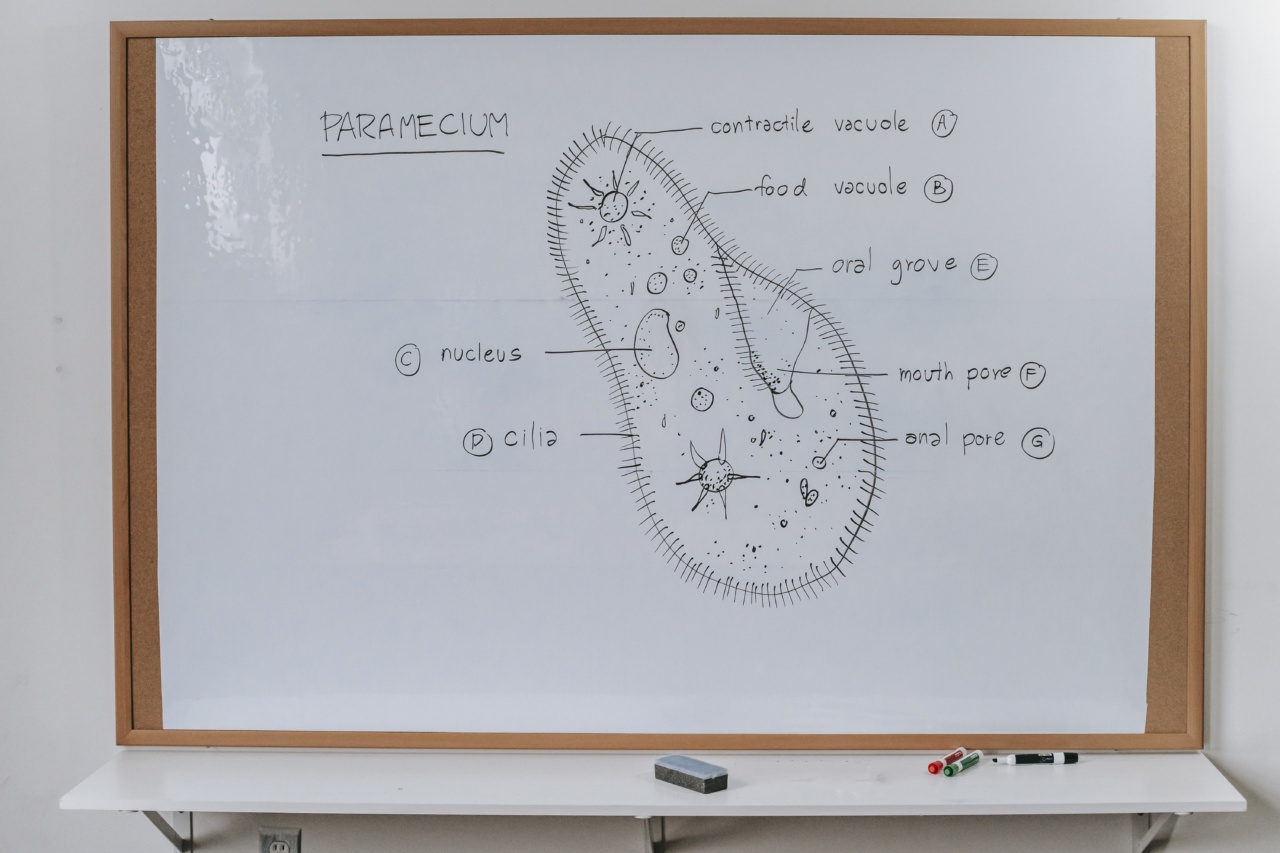Hiccups are a common occurrence and can happen to anyone, but when they become frequent and uncontrollable, it can be a sign of an underlying health condition.
Uncontrollable hiccups can last for a long period of time, causing discomfort and disrupting daily activities. In this article, we will discuss what causes hiccups and when to seek medical attention.
What causes hiccups?
Hiccups are caused by involuntary contractions of the diaphragm muscle, which separates the chest cavity from the abdominal cavity. These contractions cause the vocal cords to close, producing the characteristic “hic” sound.
Hiccups can be triggered by a variety of factors, including:.
- Eating too quickly or too much
- Drinking carbonated beverages or alcohol
- Smoking
- Excitement or emotional stress
- Hot and spicy foods
- Changes in temperature
- Swallowing air
- Injuries or irritation to the diaphragm muscle
When are hiccups a cause for concern?
Most hiccups are harmless and usually resolve on their own after a few minutes. However, if hiccups persist for more than 48 hours or become frequent and uncontrollable, it may be a sign of an underlying health condition.
Some conditions that can cause long-term or chronic hiccups include:.
- Gastroesophageal reflux disease (GERD)
- Central nervous system disorders, such as multiple sclerosis or Parkinson’s disease
- Infections, such as pneumonia or meningitis
- Psychiatric conditions, such as anxiety or depression
- Cancer
- Medications that affect the central nervous system or the digestive system
- Stroke or brain injury
If hiccups last for more than 48 hours or become frequent and uncontrollable, it is recommended to seek medical attention.
Additionally, if hiccups are accompanied by other symptoms, such as difficulty breathing, chest pain, or vomiting, it is important to seek immediate medical attention.
How are hiccups treated?
The treatment for hiccups depends on the underlying cause. In most cases, hiccups can be treated with simple remedies, such as:.
- Drinking water or other non-carbonated fluids
- Breathing into a paper bag
- Sucking on a piece of ice
- Using distraction techniques, such as holding your breath or counting backwards
- Massaging the carotid artery, which is located on either side of the neck
- Taking over-the-counter medications, such as antacids or muscle relaxants
If hiccups are caused by an underlying medical condition, treatment will depend on the specific condition. Some examples of treatment options for chronic hiccups include:.
- Medications that suppress the central nervous system, such as benzodiazepines or chlorpromazine
- Nerve blocks, which involve injecting an anesthetic into the phrenic nerve, which controls the diaphragm muscle
- Surgical procedures, such as implanting a device that stimulates the vagus nerve, which helps regulate the digestive system
Preventing hiccups
While hiccups cannot always be prevented, there are some steps that you can take to reduce your risk of developing them:.
- Avoid eating too quickly or too much
- Avoid drinking carbonated beverages or alcohol
- Avoid smoking
- Avoid hot and spicy foods
- Stay hydrated by drinking plenty of water
- Avoid sudden changes in temperature, such as going from a warm environment to a cold one
Conclusion
Hiccups are a common occurrence and usually harmless, but if they become frequent and uncontrollable, it may be a sign of an underlying health condition.
If hiccups persist for more than 48 hours or are accompanied by other symptoms, it is important to seek medical attention. Treatment for hiccups depends on the underlying cause, but there are simple remedies that can help alleviate symptoms. By taking steps to prevent hiccups, you can reduce your risk of developing this uncomfortable condition.





























